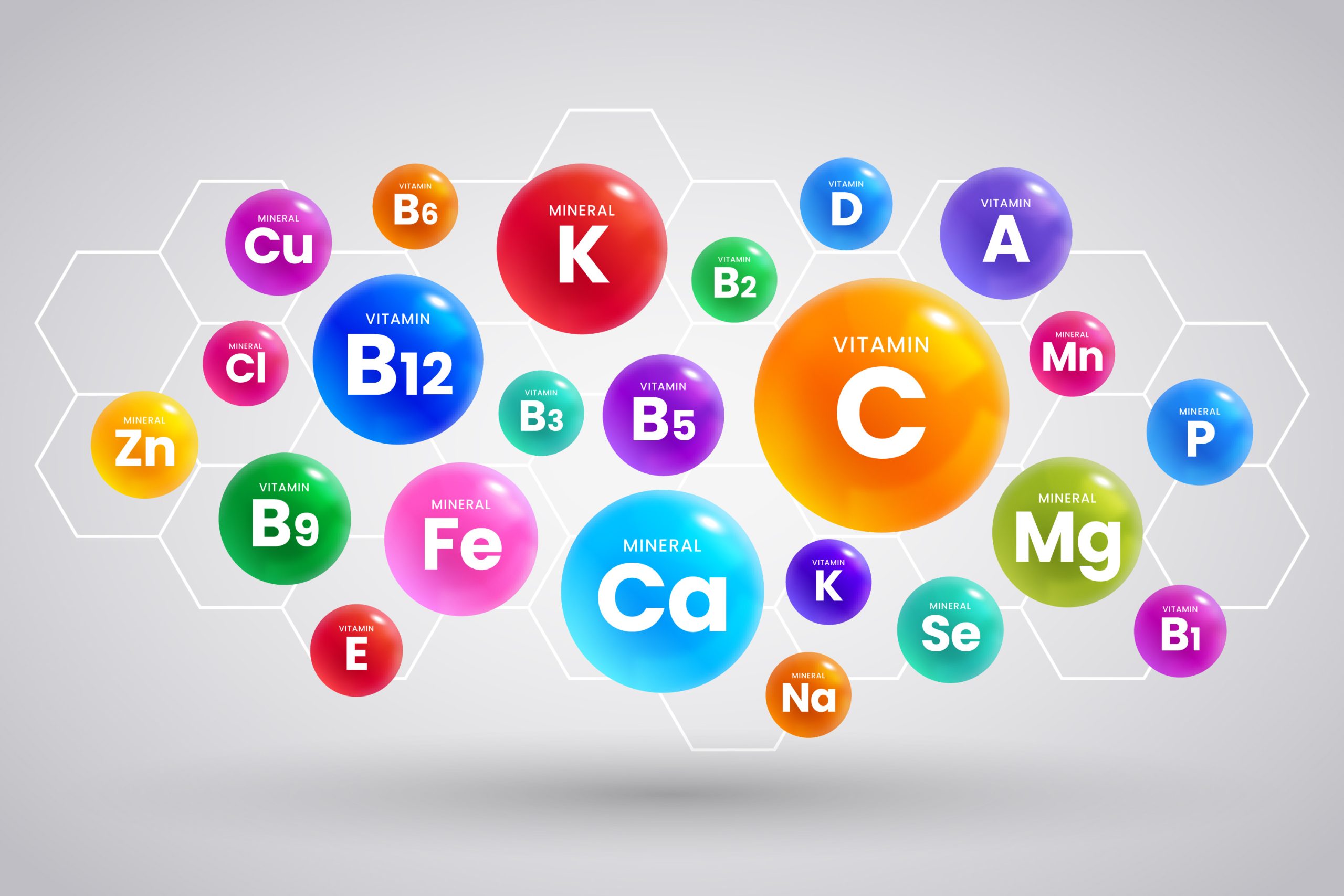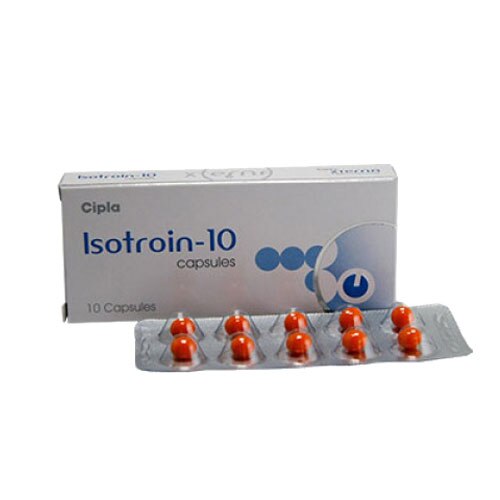In today’s fast-paced world, prioritizing health is more important than ever. One crucial aspect often overlooked is our vitamin profile. Understanding the role of vitamins and how they affect our overall health can be transformative. Here’s a comprehensive guide to help you navigate your vitamin profile journey, starting with a Vitamin Profile Test to assess your individual needs.
1. Importance of Vitamins:
Vitamins are essential micronutrients that play pivotal roles in various bodily functions. They act as catalysts in biochemical reactions, supporting everything from energy production to immune function and cellular repair.
2. Types of Vitamins:
Vitamins are classified into two categories: water-soluble and fat-soluble. Water-soluble vitamins, such as B-complex vitamins and vitamin C, dissolve in water and are not stored in the body, necessitating daily intake. Fat-soluble vitamins, including vitamins A, D, E, and K, are absorbed with dietary fat and stored in the body’s fatty tissues.
3. Understanding Deficiencies:
Vitamin deficiencies occur when the body doesn’t receive an adequate amount of a specific vitamin. Common symptoms vary depending on the deficient vitamin but may include fatigue, weakened immunity, poor wound healing, and neurological issues.
4. Assessing Your Vitamin Profile:
Consulting with a healthcare professional is the first step in assessing your vitamin profile. Blood tests can identify deficiencies and guide personalized supplementation or dietary adjustments. Understanding your body’s unique needs is crucial for optimal health.
5. Vitamin D:
Often dubbed the “sunshine vitamin,” vitamin D plays a vital role in bone health, immune function, and mood regulation. Deficiencies are prevalent, especially in regions with limited sunlight exposure. Incorporating fatty fish, fortified foods, and supplementation can help maintain adequate levels.
6. Vitamin C:
As a powerful antioxidant, vitamin C supports collagen formation, immune function, and wound healing. While readily available in fruits and vegetables like oranges, strawberries, and bell peppers, supplementation may be necessary for individuals with limited dietary intake or increased oxidative stress.
7. B-Complex Vitamins:
Comprising eight distinct vitamins, including B1, B2, B3, B5, B6, B7, B9, and B12, the B-complex family is essential for energy metabolism, nervous system function, and red blood cell production. Dietary sources include whole grains, meat, fish, eggs, and leafy greens.
8. Vitamin A:
Critical for vision, immune function, and skin health, vitamin A exists in two forms: preformed vitamin A (retinol) from animal sources and provitamin A (beta-carotene) found in colorful fruits and vegetables. Balancing intake is crucial to prevent deficiency or toxicity.
9. Vitamin E:
As a potent antioxidant, vitamin E protects cells from oxidative damage, supporting heart health and skin integrity. Nuts, seeds, and vegetable oils are rich dietary sources, but supplementation may be necessary for individuals at risk of deficiency.
10. Vitamin K:
Vitamin K is essential for blood clotting, bone metabolism, and cardiovascular health. While vitamin K1 is abundant in leafy greens, vitamin K2 is found in fermented foods and animal products. Ensuring an adequate intake of both forms is key for overall health.
11. Personalizing Your Approach:
No two individuals are alike, and factors such as age, gender, lifestyle, and medical history influence vitamin requirements. Working with a healthcare provider to tailor supplementation and dietary recommendations to your specific needs optimizes outcomes.
12. Monitoring and Adjusting:
Regularly monitoring your vitamin status through blood tests allows for timely interventions. Adjusting supplementation or dietary habits based on changing needs ensures ongoing health optimization.
13. Lifestyle Factors:
In addition to dietary intake and supplementation, lifestyle factors such as stress management, exercise, and adequate sleep profoundly impact overall health and vitamin status. Adopting a holistic approach promotes vitality from within.
14. Conclusion:
Understanding your vitamin profile is a powerful tool for transforming your health. By recognizing the importance of vitamins, assessing your individual needs, and adopting personalized strategies, you can unlock your body’s full potential and embrace a life of vitality and well-being.




